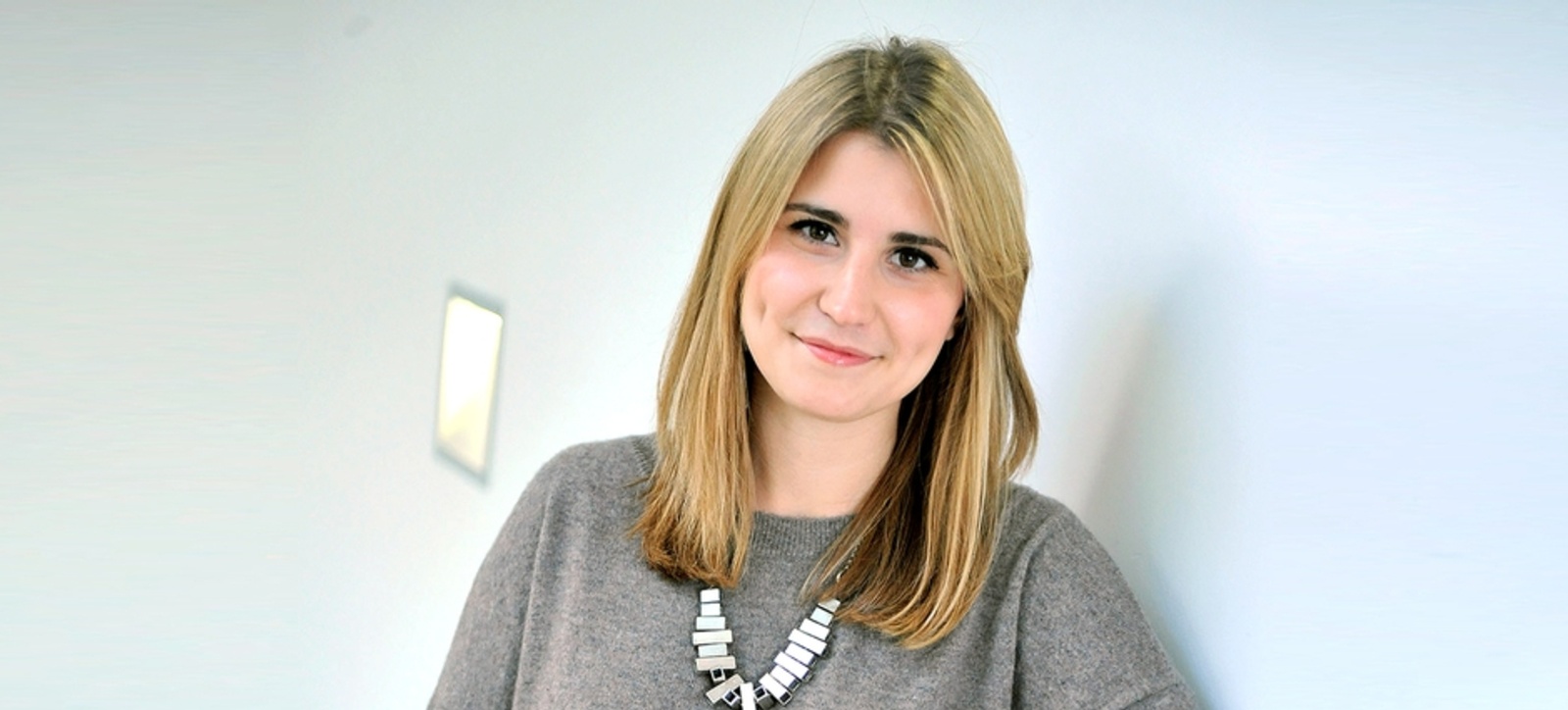
Core Insights: Leadership
As a senior leader, do you know what’s really going on in your organisation? Are you on top of all the issues? Is there a burgeoning crisis you are unaware of?
As our two-year study of UK hospital CEOs showed, answering these questions is critical, but it requires breaking out of the C-suite and ending habits that keep you in the dark.
Staying ahead of the curve and of any issues requires constant effort, via regular asking of questions, and listening to a diverse set of voices.
One concept that can help with that is what Davide Nicolini, Professor of Organisation Studies, Keith Ruddle, of the University of Oxford, and myself call Personal Knowledge Infrastructure (PKI). You can think of this as the practical backbone making up how you keep abreast of what’s going on.
To make it work, now and in the future, leaders should start by asking themselves: what is my PKI really like? Specifically, a PKI is built on three aspects:
- What you do: do you spend most of your time in formal or informal meetings? How do you divide up your time?
- Who you do it with: many of us resort to existing networks to meet the priorities of today, but are those the same people who can help us address emerging strategic issues?
- How you do it: do you gain information in person, via Zoom or through other methods? What are your customary ‘tools of the trade’?
Take a look at your diary for the last three months in light of the above. Then ask yourself: What or who might you be missing? What kind of work might you be avoiding? Are you meeting your priorities? Do you need a change?
The danger is that unless senior leaders are actively attending to their PKIs, they’ll overlook the cracks that may be appearing. Staying ahead of them is critical. This means making this a regular practice: reflect on your diary, consider your priorities and preferences, outline possible corrections, share with a trusted colleague and commit to a timeline for implementing changes now, as well as reflecting again.
Importantly, our ‘new normal’ has made the work of staying in the know even more challenging.
Related course: Warwick Executive Diploma in Organisational Change
The water-cooler moments have been curtailed, so the serendipitous information leaders often pick up from such encounters has gone. While for some senior leaders the pandemic has flattened hierarchies, allowing them to connect with the frontline, for many the same distances have intensified. The ever-present Zoom-fatigue hasn’t helped either.
No wonder many leaders may have entrenched into unhelpful, unmindful habits: sticking to what’s allowed them to succeed so far, because it gives comfort and a sense of control.
A timely corrective to this is critical. Given the pandemic workplace, this should focus on three priorities: reinstating informal interactions, rethinking use of technologies, and making a commitment to new voices.
Firstly, consider how you can open yourself up to informal conversations. It sounds paradoxical, but serendipity can be scheduled – for instance, via open, well-publicised sessions where staff can reach out to you with any concerns.
These should be supplemented with pro-active efforts to reach out – without agenda, with willingness to hear. Secondly, reconsider that Zoom call. Would a simple phone call be better? Consider what you feel comfortable with, but also what others prefer.
Testing out new modes of communication may open up new benefits – but only if you try. Finally, ask yourself: when were you last surprised by an insight? Or challenged by a particular view? For too many senior leaders, the presence of an ‘inner circle’ means the answer is likely to be quite a while ago. As the world becomes more complex, so should our understanding.
These interventions will only work, however, if senior leaders are willing to be open, humble and trusting: open to diversity of voices, allowing them to build complex understandings; humble in admitting they do not know everything; and trusting by building psychologically safe environments where everyone knows the leaders will not just listen, but act, and without penalty.
This may seem like a lot of work. It is.
This may also seem like the least perfect time for such challenging work. I’d argue, however, it’s exactly the right time. Leaders can either get ahead of the curve by making time for mindful correction to their habits, or find themselves on the informational back foot, struggling to correct. The pro-active investment is well worth the time, now.
Further reading:
Nicolini, D., Korica, M. and Ruddle, K. (2015) "Staying in the know : overhauling your personal knowledge infrastructure", MIT Sloan Management Review, Volume 56, Number 4
Maja Korica is Associate Professor of Organisation and Management and teaches Leading and Managing Change on the Executive MBA. She also teaches on the Warwick Executive Diploma in Organisational Change.
For more articles on Leadership sign up to Core Insights here.




 X
X Facebook
Facebook LinkedIn
LinkedIn YouTube
YouTube Instagram
Instagram Tiktok
Tiktok